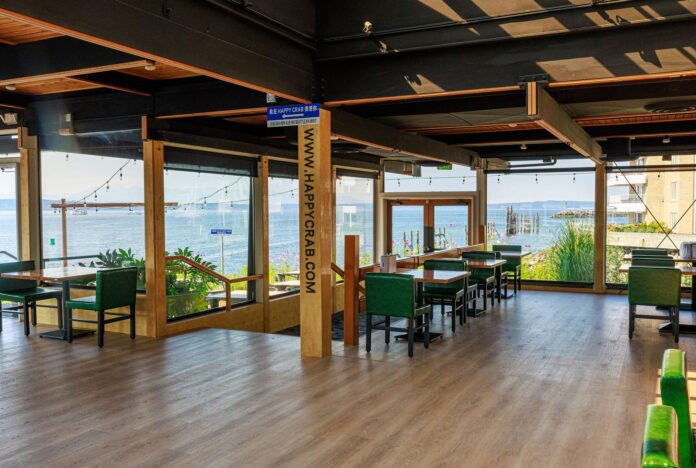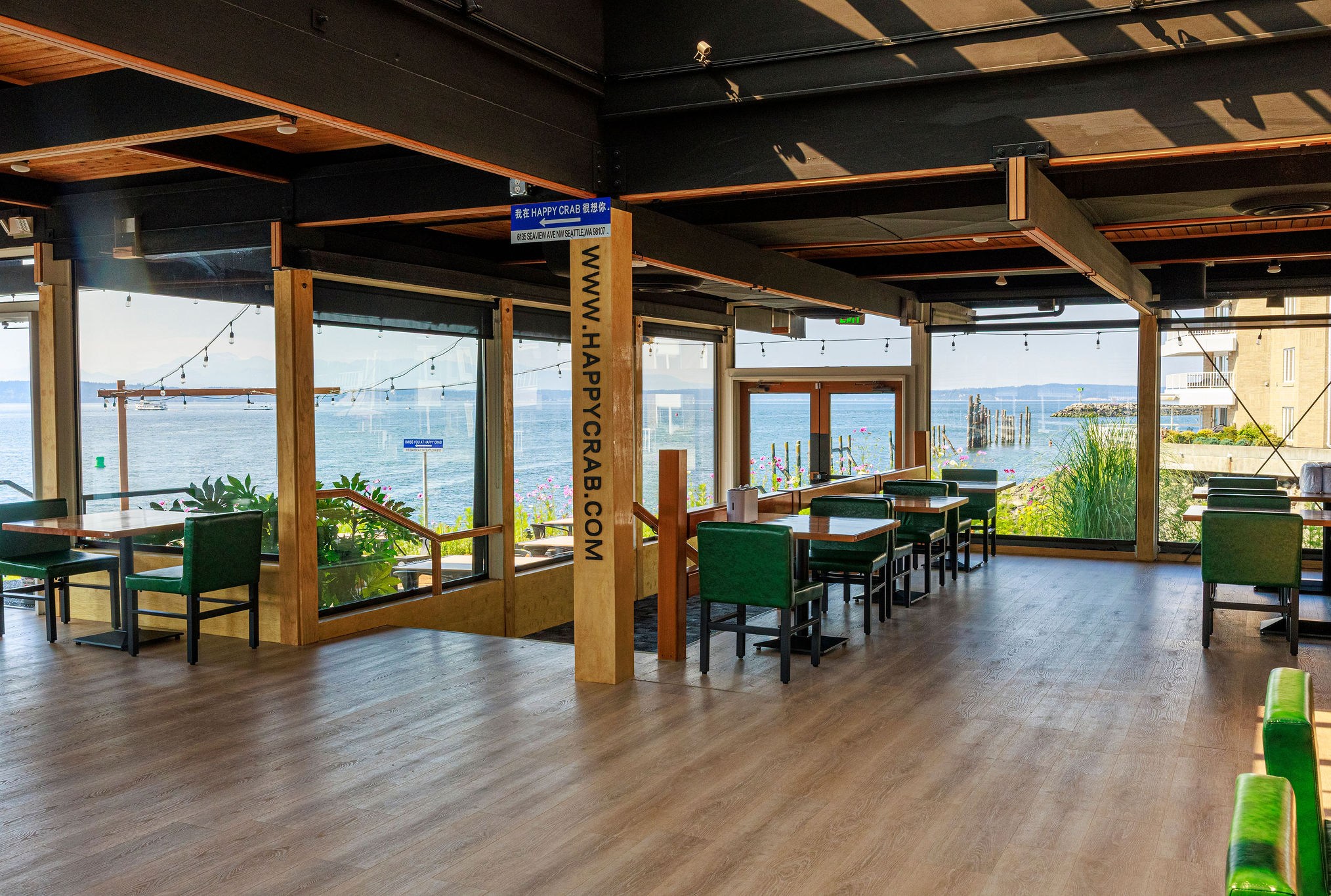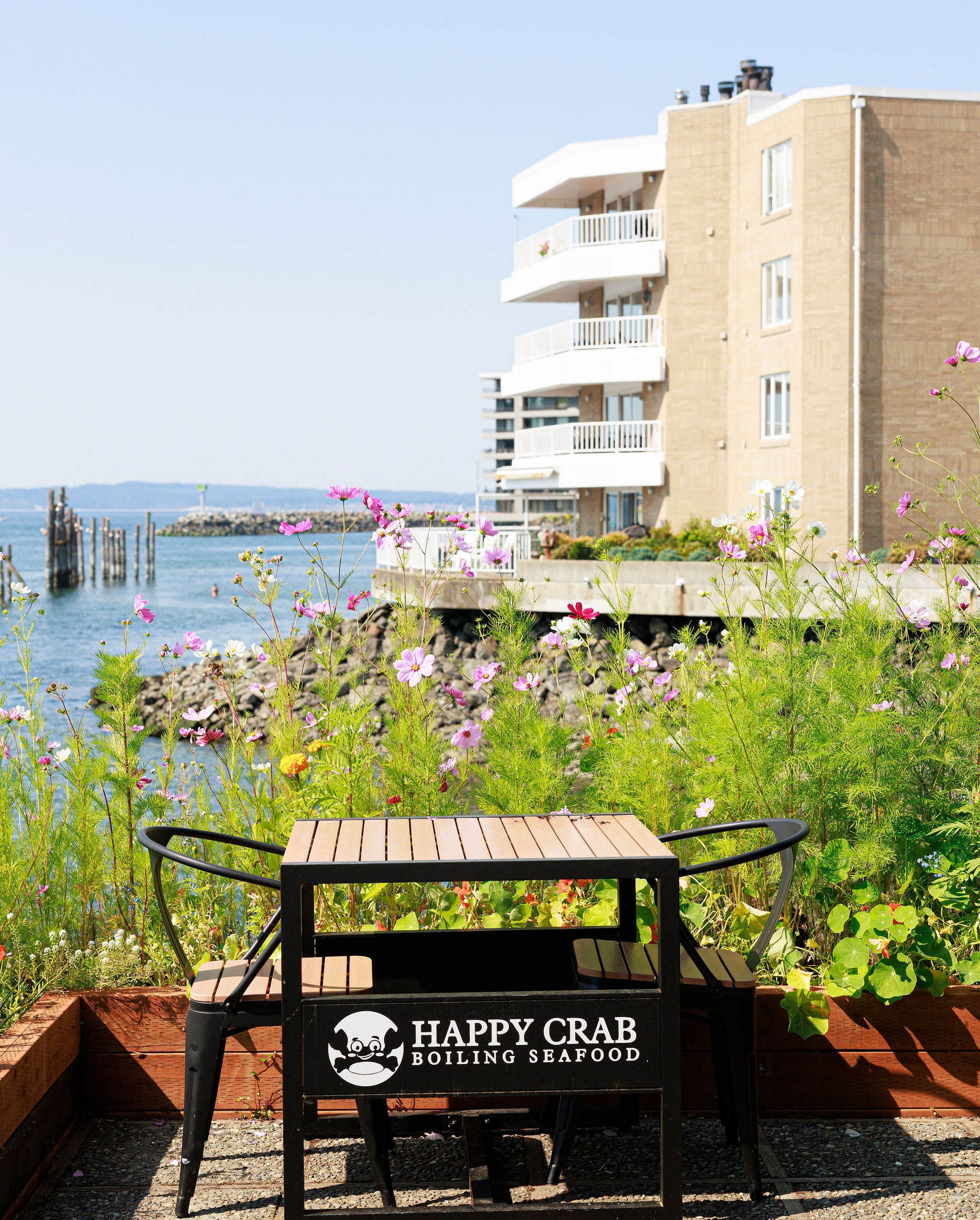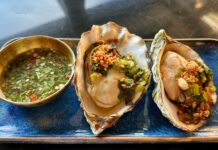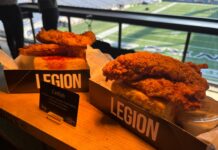Xiaoli (Lily) Wu grew up in a small village near Songyuan in northeastern China’s Jilin province. Wu describes it as a poor area with no rice production. Any wheat was sold to make money, so corn powder played a prominent role in the diet. The roads were dirt. “One day I walked two miles and saw my first paved road and then saw a car,” she recalls, still with a sense of astonishment. “It made me want to get one, and made me want to make money to change my family’s life.”
Wu’s parents sent her to middle school in Beijing to get a better education. The trip marked her first time on a bus. At lunch, she ate Xi’an-style biang biang noodles for the first time — long, wide, at once silky and chewy. She loved them, but with limited money necessitating meals at the school’s cafeteria, those noodles would be a constant craving too luxurious to afford.
Decades later, she’s made those noodles the center of her professional life. She opened Xi’an Noodles in 2016 in the University District and has since opened two more locations to make a mini chain. She now has a seafood restaurant called Happy Crab in Auburn and soon will open her most ambitious project — a massive new Happy Crab on the Ballard waterfront where Anthony’s used to be. Wu built up this portfolio of businesses the same way she makes her noodles: from scratch.
She dreamed of living in America and managed to get a student visa and funding in 2006. She settled in Flushing, New York, and took English lessons in Brooklyn. In 2010, she moved to Seattle, working up to 15 hours a day as a housekeeper at hotels to make a living. Missing her beloved biang biang noodles, she took a leap of faith and traveled to Xi’an to learn how to make them. She eventually gave her the proper technique for stretching and thwacking the dough (made with high-gluten flour) to get the noodles’ distinctive texture.
In 2014 she opened her first venture, QQ Mini Hot Pot, inside the Korean grocery store Woori Market in the U District. This was the first restaurant in the area to serve malatang — a personalized hot pot in which diners choose the ingredients that go in a numbing (ma) and spicy (la) broth. “Malatang is pretty easy to prepare in just putting everything together,” Wu explains, “But it gave me the chance to perfect the art of making biang biang noodles and also liang pi (another noodle dish from Shaanxi province).”
Unfortunately, Woori closed about a year later, forcing Wu back to the housekeeping world until she caught a break, finding funding to open Xi’an Noodles just a few blocks north of her previous location on University Way. Wu was heavily involved in the physical and mental labor of building out the restaurant and her business. “I had no blueprint. Just a rolling pin and perseverance, working constantly, including all the holidays,” Wu recalls. “I appreciated all the experiences, however hard, in giving birth to my baby. I learned so much. Life is about enrichment.”
Positive reviews made Xi’an Noodles a popular place, and after entertaining offers to expand elsewhere, she opened her second location at Westlake Center in September 2019 — just months before the start of the COVID pandemic. Wu remained undaunted. “Life hits us with challenges, but like Confucius taught, we should face our challenges, learn from them, and find opportunity with every crisis,” she says. “I tried to take care of myself during COVID, and I used the time of closure as a chance to remodel the University District restaurant.”
Wu would eventually open a third Xi’an Noodles in Bellevue, in 2022. About the same time, though, she conceived another restaurant idea, again inspired by food she enjoyed in China. “There’s a lot of mala crawfish in China. And I noticed Cajun seafood becoming popular in California and elsewhere,” she explains. “I thought to myself, why not create something using ingredients I love, like butter crab over hand-pulled noodles? Cajun meets Chinese could be a rethinking of what Chinese-American cuisine can be.” And thus the idea of Happy Crab came about.
She didn’t even start tinkering with a recipe until she found a space in Auburn (“I needed a standalone building with a parking lot”) to lease. During physical construction of the restaurant, she finally started experimenting in the developing kitchen. “After 10 years in the restaurant business, I was confident I could create the right recipes. I have no fear,” Wu says.
Happy Crab opened in October 2024. But even as the Auburn location launched, Wu envisioned a Happy Crab restaurant in Seattle, wanting a landmark location for her higher-end dining concept. Her holiday gift arrived on Christmas Day in 2024 when she signed a lease for the former Anthony’s Homeport space on the waterfront at Shilshole Bay in Ballard.
Wu says that Seaview will have a more expanded menu than Auburn. For example, given the popularity of xiao long bao (soup dumplings), she plans to introduce ma la dumplings that are both numbing and spicy. She’s also planning to introduce some seafood soup dumplings.
At the same time, with years of experience under her belt, Wu now hopes to help others in the industry. She wants Seaview to provide a place for up-and-coming chefs to show off their talent, planning Resident Chef Nights in which they can create other dishes for the menu on their chosen night. “This can change other people’s lives,” she says. There’s talk of a piano and an open mike as well.
But first and foremost, Wu wants her new restaurant to be accessible and affordable—and not a place just for the wealthy to eat. “I intend to offer delicious dishes at a reasonable price so that everyone can come regardless of their income,” she says. “I come from modesty and understand struggle. Now I want to create a place where anyone can come to enjoy the view, enjoy the sea breeze, enjoy the sunset, and enjoy seafood and noodles. I want everyone to come to Happy Crab and be happy.”

